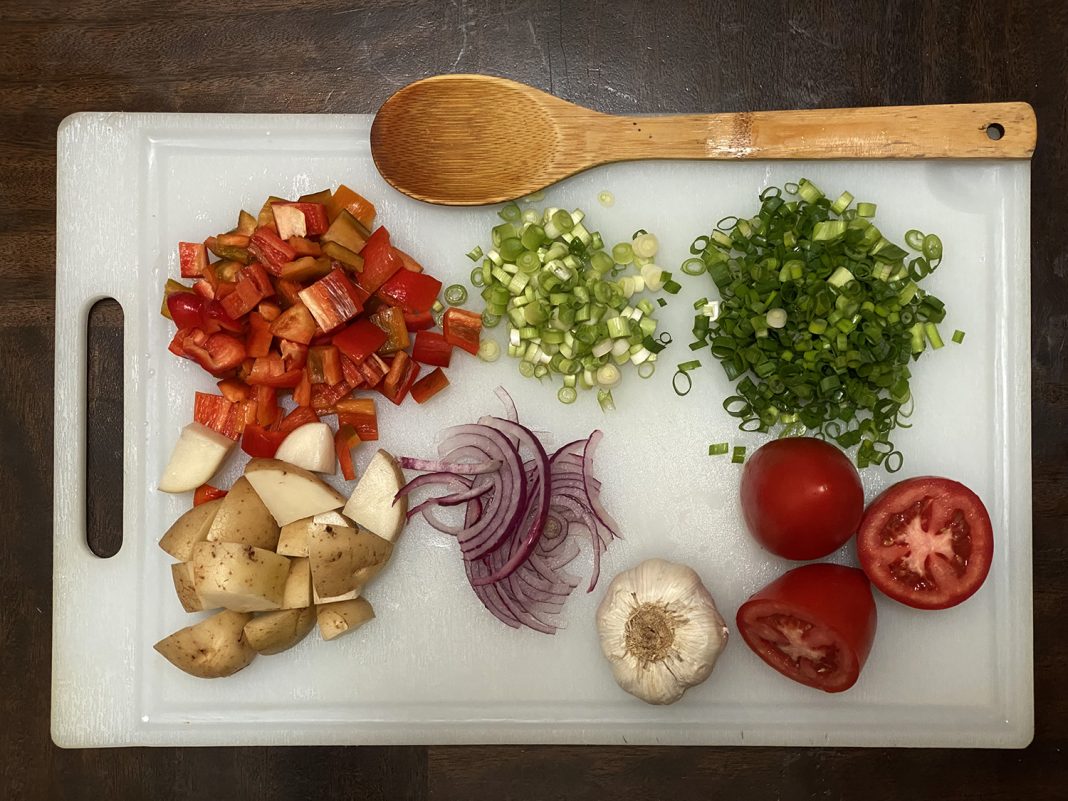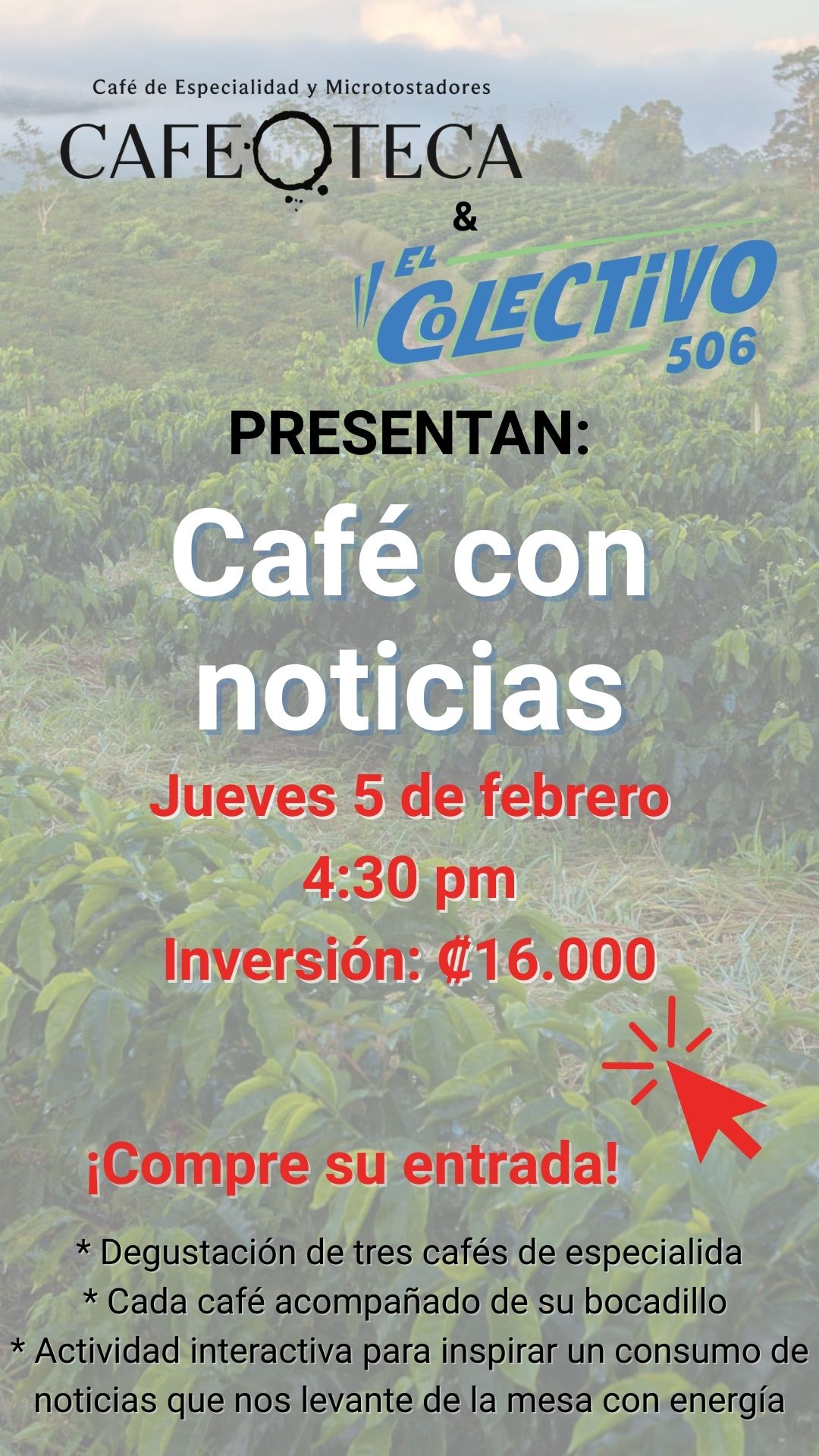Three generations in the kitchen, the mother at the heart, stirring the pot. A rich tomato broth, flavored with the usual olores. She insists, to her teenage daughter, that it’s the usual cut of beef. The grandmother, with her practiced eye and nose, keeps insisting: “Tere, it can’t be. Come on, that’s tongue!”
The mother shushes her away, but her cover was blown. Our children have a sixth sense anyway for unpopular foods. By the time the lengua en salsa hits the plate, the teenage daughter knows full well it’s one of her dreaded dishes—one she’s never even been willing to try.
Our children have a sixth sense, but they’re also unpredictable. She decides to take a bite.
Not bad. Delicious, maybe. She starts to wonder: what else have I missed so far on the plates of my life? What did I once hate that now I might enjoy? What would happen if I just tried anything once?
Strange but true: the tongue gave up a secret, a secret of flavors waiting to be discovered. With one dish, a more adventurous eater is born.
She circles the globe, eats raw beef in Louvain-la-neuve, a very spicy curry in Delhi. Back home, she chases the fruits and techniques and dishes of her own country’s past and present.
Two decades later, that girl spoons lengua en salsa onto her small sons’ plates. She tells them it’s carnita—at least until they’ve discovered that they love it. Her mother doesn’t blow her cover.
Their faces, tomato-covered, smile. “Mamá, it’s so good!”
Inspired by the story of El Colectivo 506 co-founder Mónica Quesada and her relationship with a classic Costa Rican dish that’s beloved by some, reviled by others. Our weekly Media Naranja column tells short love stories with a Costa Rican twist. During our May edition, “Food that Roots Us,” we’re focusing on Costa Ricans’ relationship with their own cuisine.






